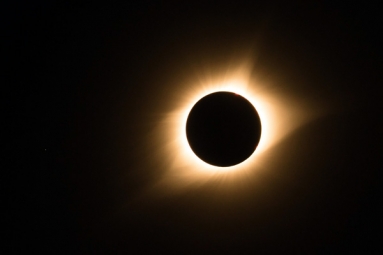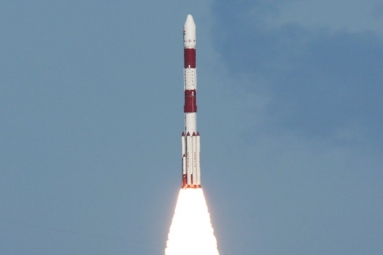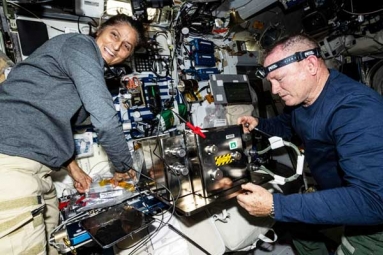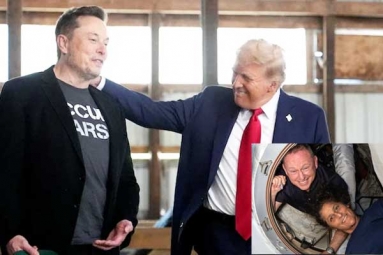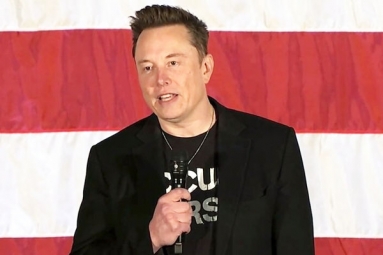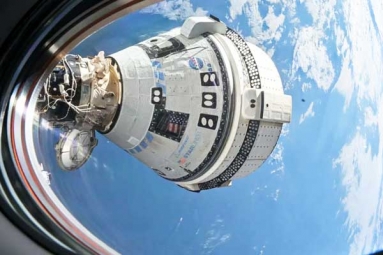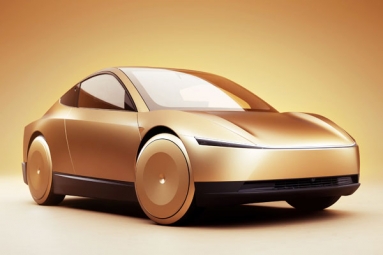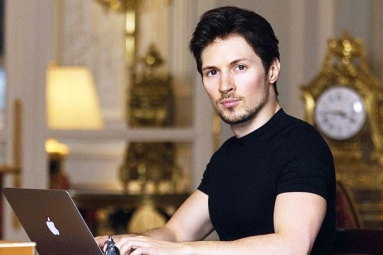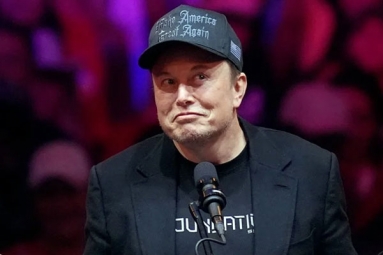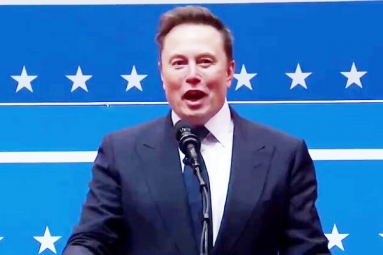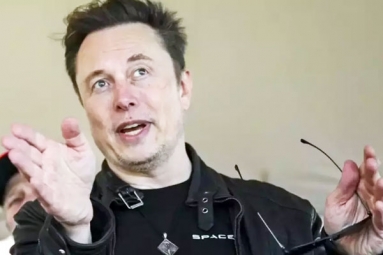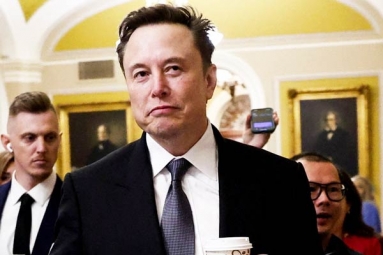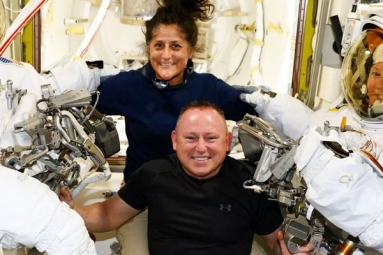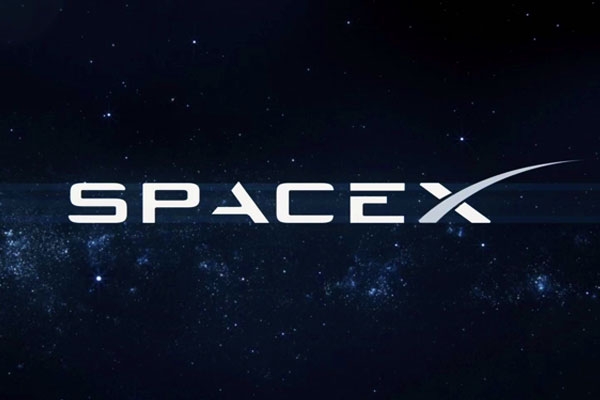
(Image source from: twitter.com/SpaceX)
NASA has announced that it has chosen SpaceX to construct a spacecraft to safely guide the International Space Station back through Earth's atmosphere and into the Pacific Ocean after its retirement in 2030. Elon Musk's company has been awarded a contract valued at up to $843 million to develop and deliver the US Deorbit Vehicle, as it is called. This selection will help NASA and its international partners ensure a smooth and responsible transition as the station's operations come to an end in low Earth orbit, according to NASA's Ken Bowersox. NASA plans to take ownership of the spacecraft after SpaceX completes its construction and maintain control throughout the mission. With a weight of 430,000 kilograms (950,000 pounds), the International Space Station is the largest single structure ever built in space. Based on past experiences with the re-entry of other space stations like Mir and Skylab, NASA engineers anticipate that the orbital outpost will break apart in three stages as it re-enters the Earth's atmosphere.
SpaceX is honored to be entrusted by @NASA to support this critical mission https://t.co/63zFgM5oFn
— SpaceX (@SpaceX) June 26, 2024
The International Space Station (ISS) is facing a looming challenge. As the structure ages, it's becoming increasingly vulnerable to wear and tear. The truss and modules that make up the station are at risk of tearing apart. While much of the material will disintegrate upon re-entry, significant portions are expected to survive. To mitigate potential risks, NASA has identified Point Nemo, one of the most remote areas of the Pacific Ocean, as the targeted landing zone – a region known as the final resting place for numerous satellites and spacecraft. The first component of the ISS was launched in 1998, and the station has been continuously inhabited by an international crew since 2001. The United States, Japan, Canada, and participating European Space Agency (ESA) countries have committed to maintaining the microgravity laboratory until 2030, but Russia, the fifth partner, has only pledged support until 2028. Given the deteriorating US-Russia relations, NASA chief Bill Nelson has advised Congress that it would be prudent to start developing a US-based deorbit mechanism to ensure the safe and controlled descent of the entire station, preventing any potential damage or harm. Simultaneously, several private companies, including Axiom Space and Jeff Bezos' Blue Origin, are working on developing commercial successors to the aging ISS.



